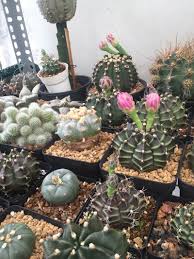Royal Families and Major Dynasties of China: Shaping the Nation’s History
China’s long and rich history is marked by the rise and fall of dynasties, each led by powerful royal families that significantly influenced the country’s political, cultural, and social landscape. From the early imperial periods to the final Qing Dynasty, these royal families shaped China’s evolution and left a legacy that resonates in the modern







